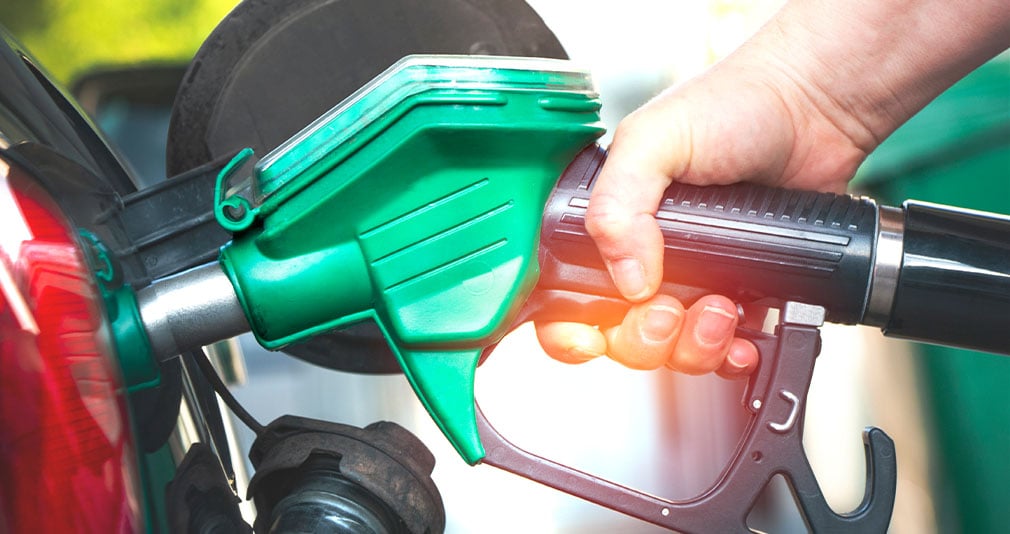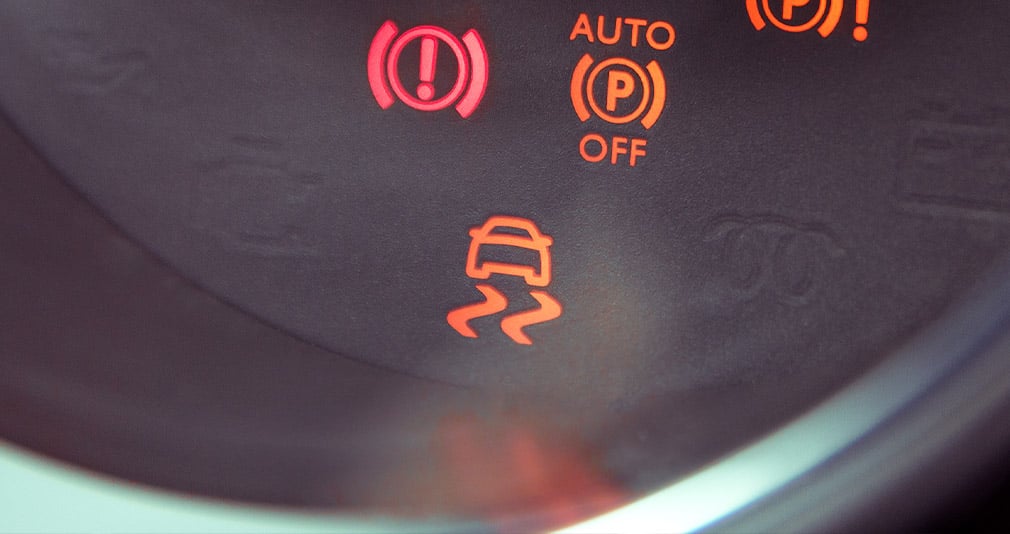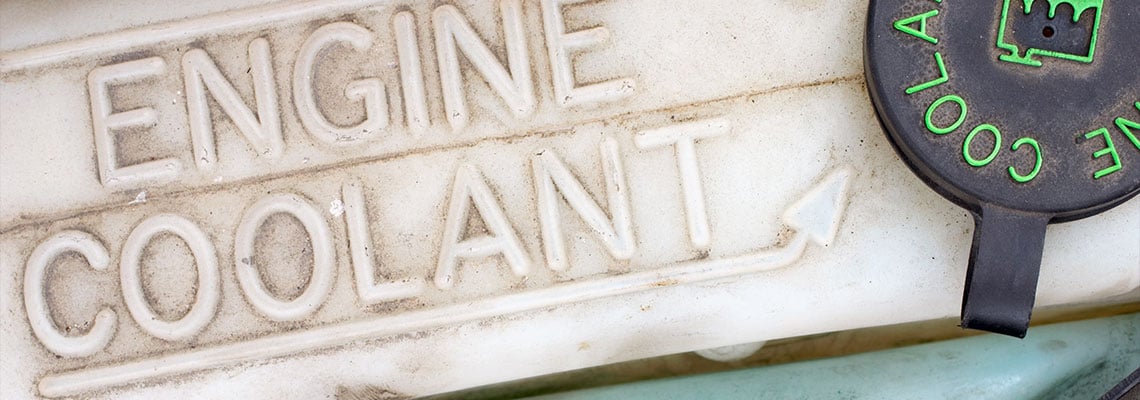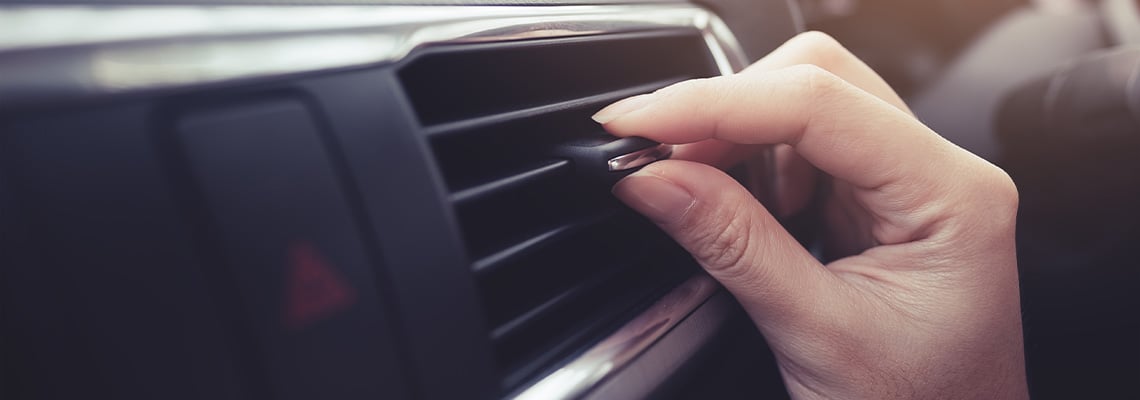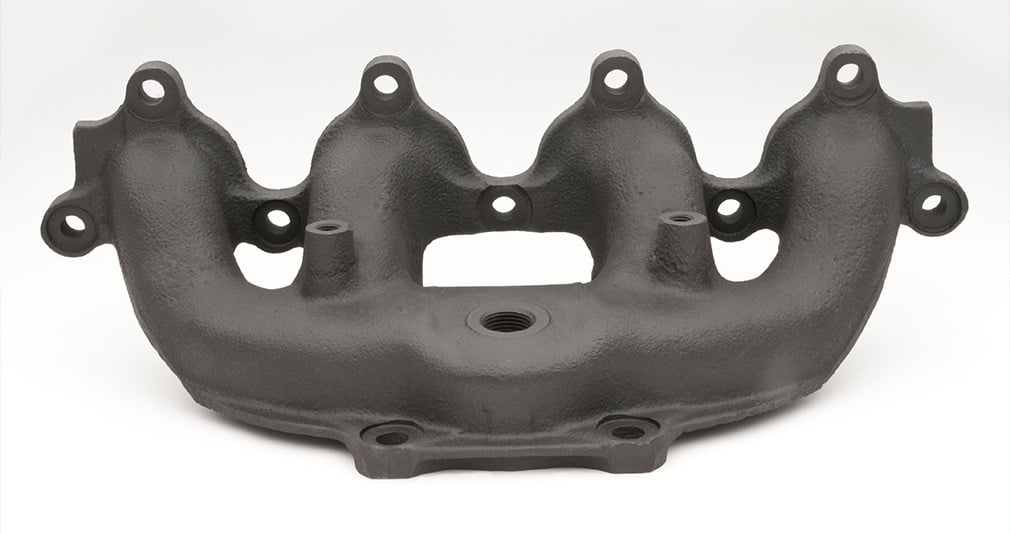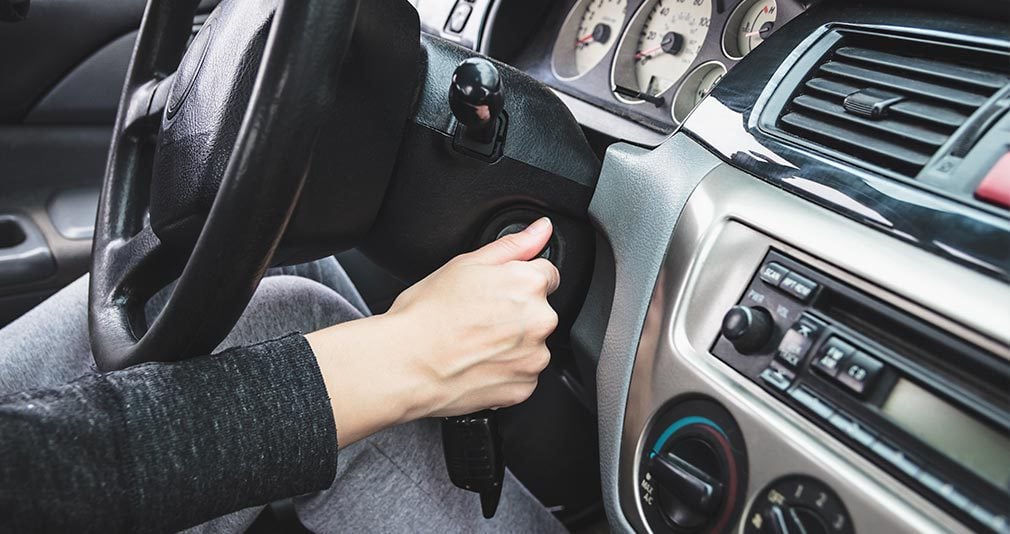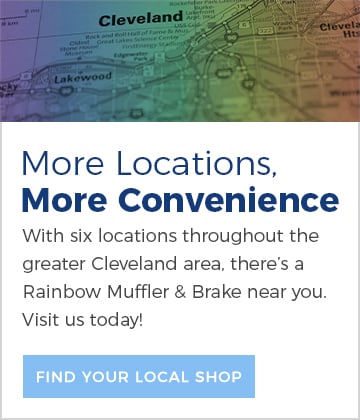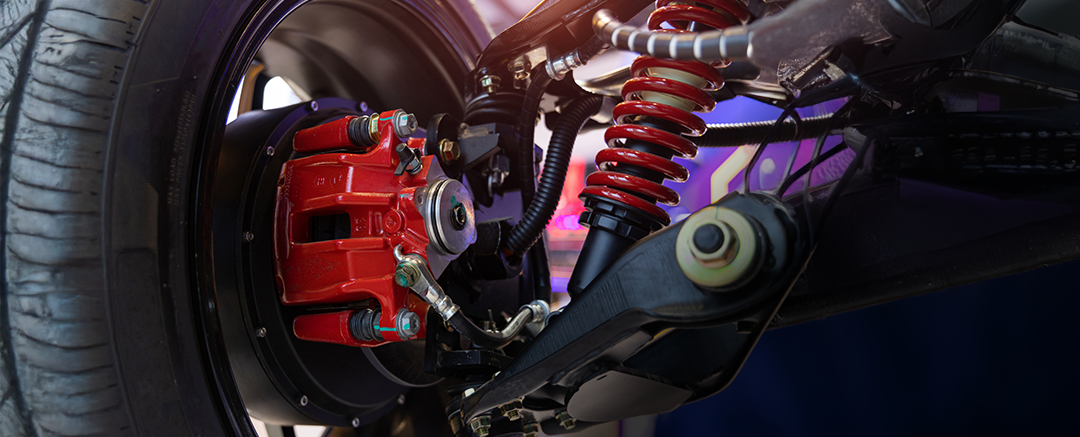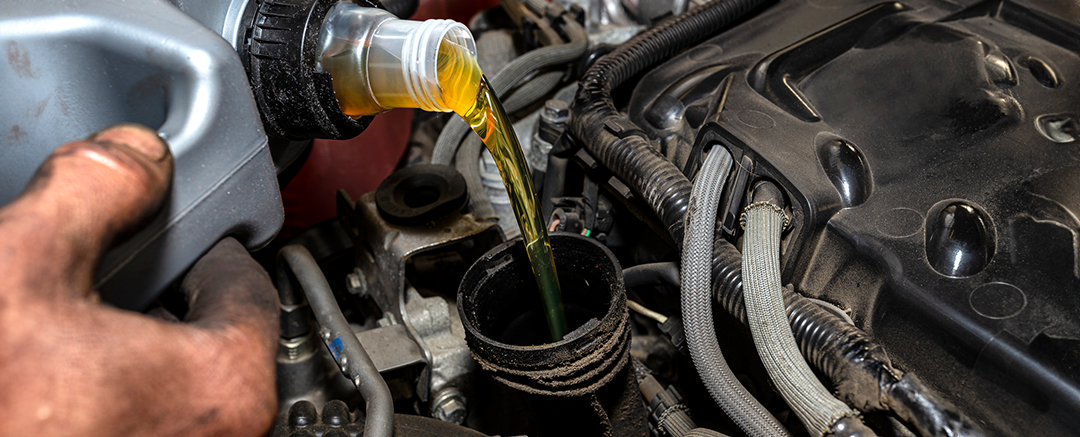Gas is expensive, but if you have to commute for work or drive your kids around, you don’t have much of a choice on when to fill up your tank.
Different factors can affect how your car uses fuel — and they can result in your car requiring even more gas per mile. Old oil, broken-down components, underinflated tires and poor driving habits can all contribute to you spending more at the gas pump.
We’ve outlined our biggest tips for maximizing your car’s fuel economy — and saving you money when it’s time to fuel up.
What Is Fuel Economy?
Non-diesel cars have spark-ignited combustion engines, which work by injecting a mixture of gas and air into a chamber; this mix is ignited by a spark from the spark plug. Your car’s gas mileage is calculated by how much gas is needed for this reaction to make the car move by a mile. So, for example, if your car has a miles-per-gallon (MPG) rating of 50 miles, that means you can travel 50 miles on a gallon of gas.
Luckily, there are some simple things you can do before you start driving and while you’re behind the wheel to help improve your vehicle’s gas mileage, or fuel economy, so those stops at the gas station are a little less painful.
Before You Hit The Road
It always pays to take a little time to prepare your car for a trip, especially if you are heading out on an extended summer road trip. However, these tips are helpful even if you’re just heading to the office or the school drop-off line; city driving and heavy traffic are notorious for eating up fuel because of the stop-and-go nature of the roads.
Plan out your trip. Mapping out the most efficient route is an easy way to
keep your mileage as low as possible. It’ll also help you to avoid areas with heavy traffic, construction or delays. Keep peak traffic times in mind so you can avoid getting stuck in rush hour.
Check your tire pressure. When your car’s tires are under inflated, more of
their surface area comes in contact with the road and makes them work harder and move slower as they roll your car forward. This extra effort translates into more gas burned — as much as a 3% increase in fuel consumption.
Keep the psi at the recommended level so that your car operates at its most efficient.
Get rid of extra weight. Even as little as 100 extra pounds can reduce your
car’s fuel efficiency. Keep the trunk empty (barring an emergency kit and spare tire), and consider removing items like a bike or cargo rack when not in use.
Don’t “warm up” your engine. Contrary to popular belief, it’s actually worse
for your engine to let it sit running in the driveway than just turning on the vehicle and immediately driving. Your car is designed to get the engine up and running quickly, so any extra time idling just wastes gas.
While You’re Driving
Paying attention to driving habits while you’re on the road is just as important for improving gas mileage. The way you drive has a big impact on your car’s performance, so staying mindful of your own actions behind the wheel will make a big difference in fuel economy.
Avoid rapid acceleration. Hard starts and jerky stops, quick climbs to high
speeds and sudden braking all have a negative effect on your gas mileage — lowering fuel economy by up to 30% at highway speeds and up to 40% in stop-and-go traffic, according to AAA.
Don’t brake too hard. If you have a bad habit of slamming your brakes,
you’re burning up gas every time you do. It takes extra fuel and force to slow down your vehicle that quickly, instead of allowing it to come to a gradual stop.
Sudden braking is also a major safety concern; by doing so, you increase the risk of someone running into you because they were following too closely behind and didn’t have time to respond. Sudden braking can also cause you to spin out of control on wet or icy roads.
Minimize idling time. Idling uses more fuel than restarting your car does —
up to half a gallon per hour of idling — so turn off your vehicle when you’re parked. This will save you money on gas and reduce the amount of pollution that’s added to the atmosphere.
Watch your speed. Fuel efficiency peaks at 50mph and decreases as you drive
faster, so stay within safe limits and avoid the temptation to let your odometer creep up.
Use cruise control when safe. If the road conditions allow it, cruise control is
a great way to save on fuel. The consistent speed provided by cruise control is much more efficient at using gas than the constant, minute slowing and acceleration caused by using your foot on the pedal.
Why Regular Maintenance Is Important
Finally, the best way to improve gas mileage is preventative car maintenance on the regular. Dirty oil, clogged filters or old spark plugs can all have negative effects on your fuel economy, since they all contribute to making your vehicle work harder than necessary to move. This extra effort burns up more gas and costs you more at the tank.
Sticking to your car’s recommended maintenance schedule will make sure that every part is working at peak efficiency — translating directly to savings at the pump. Schedule a tune-up at a trusted auto shop and let them know you’re concerned about fuel economy; they’ll be able to give you recommendations on how to improve your car’s performance.

